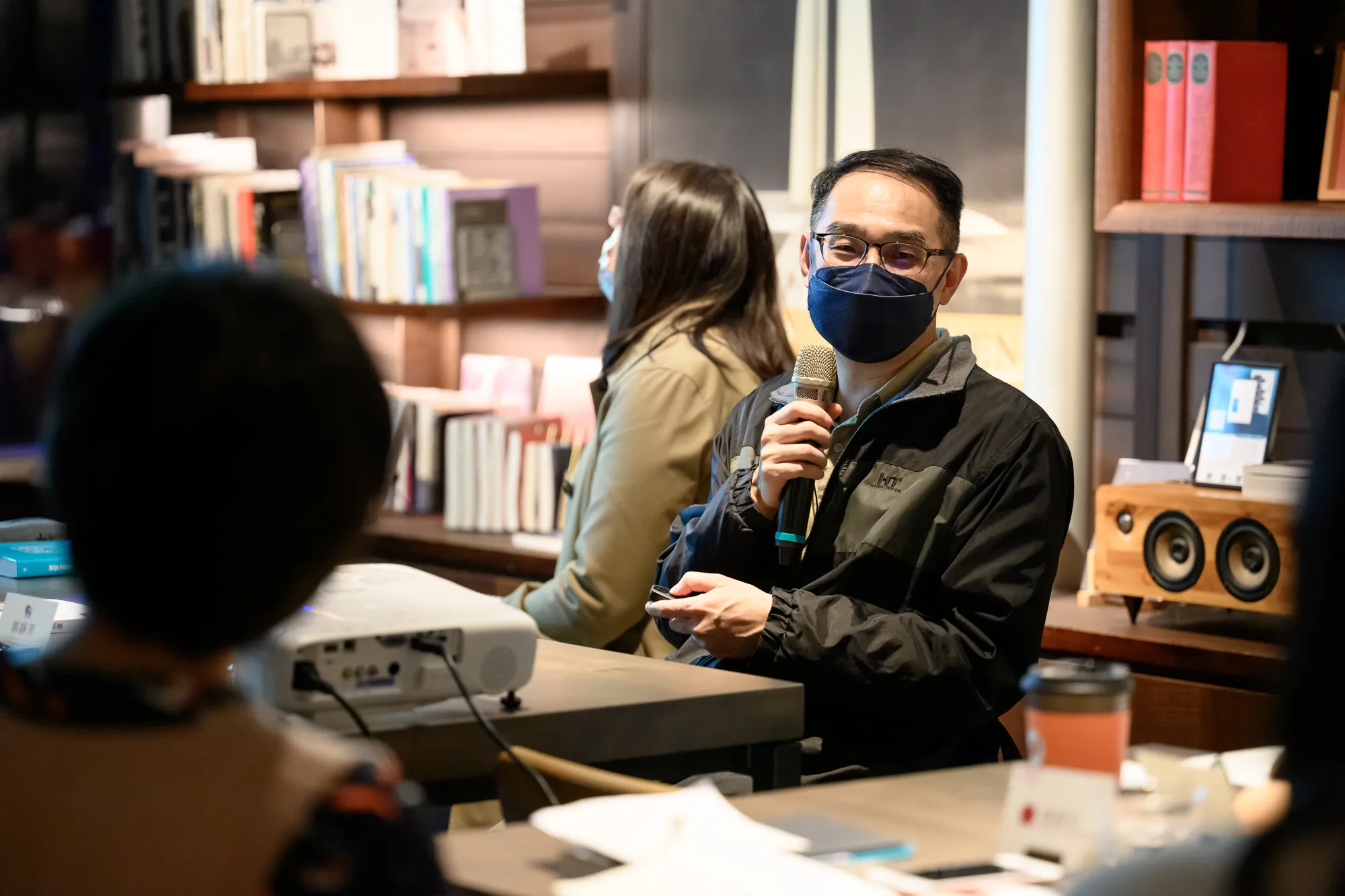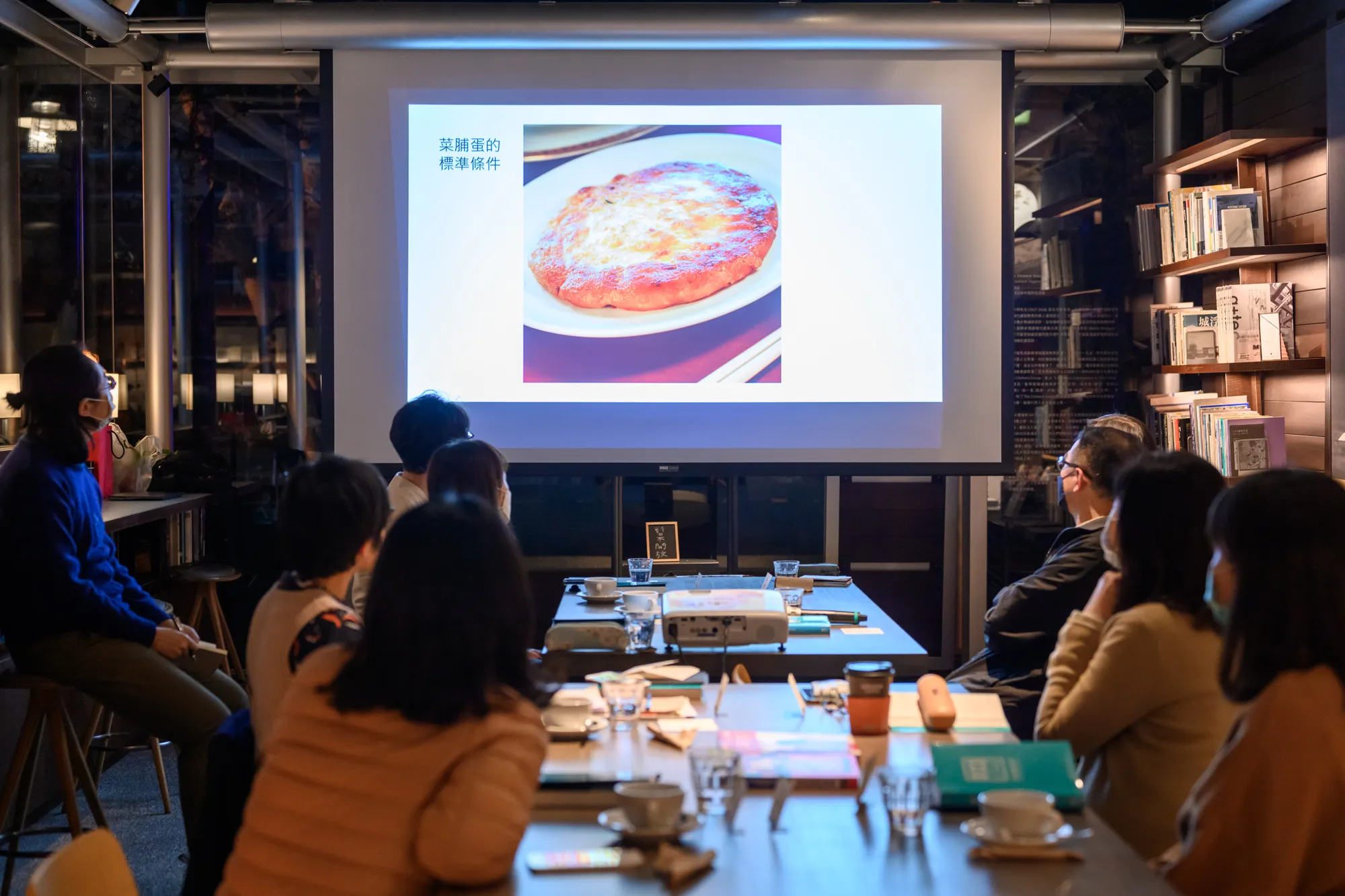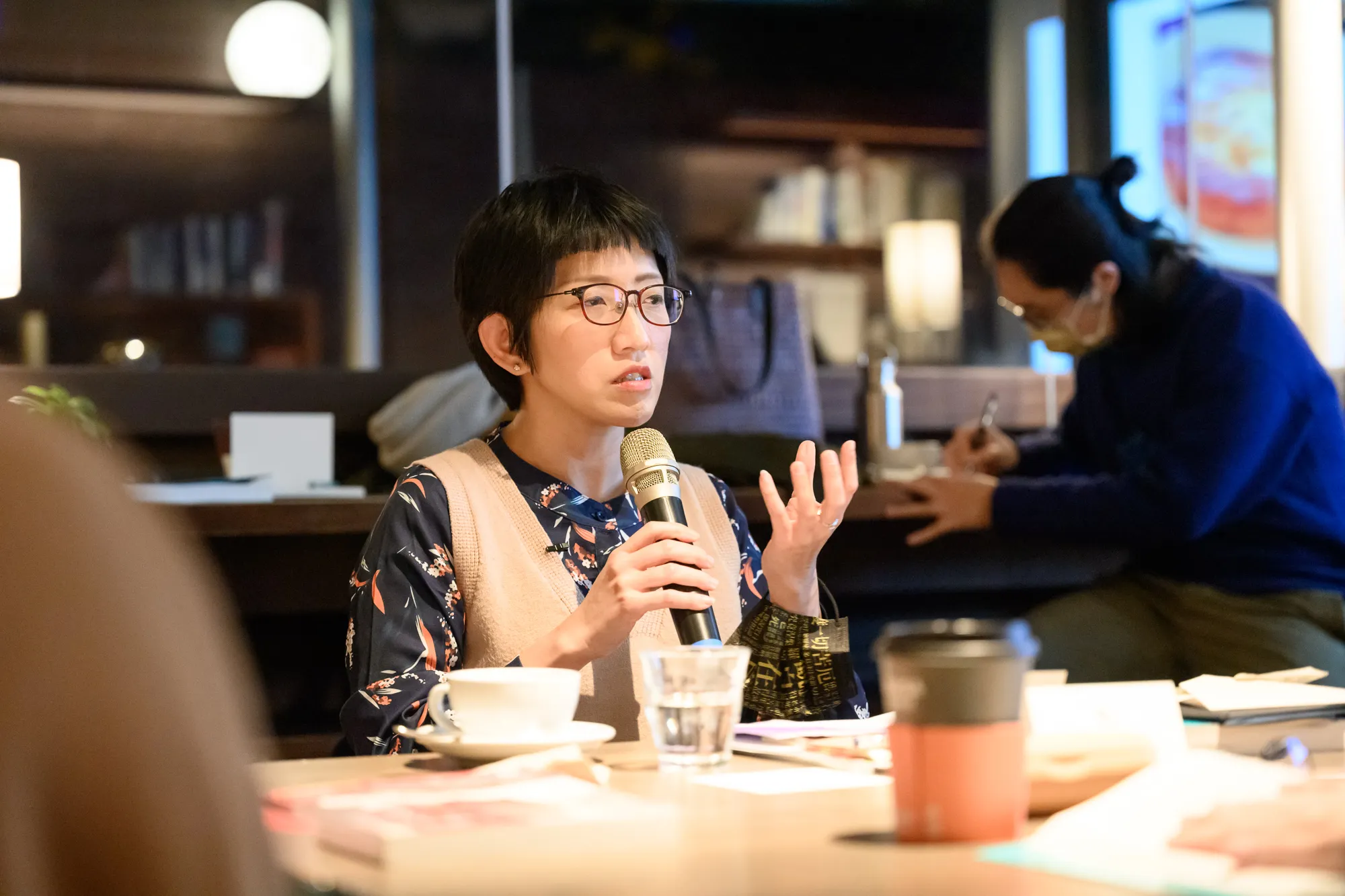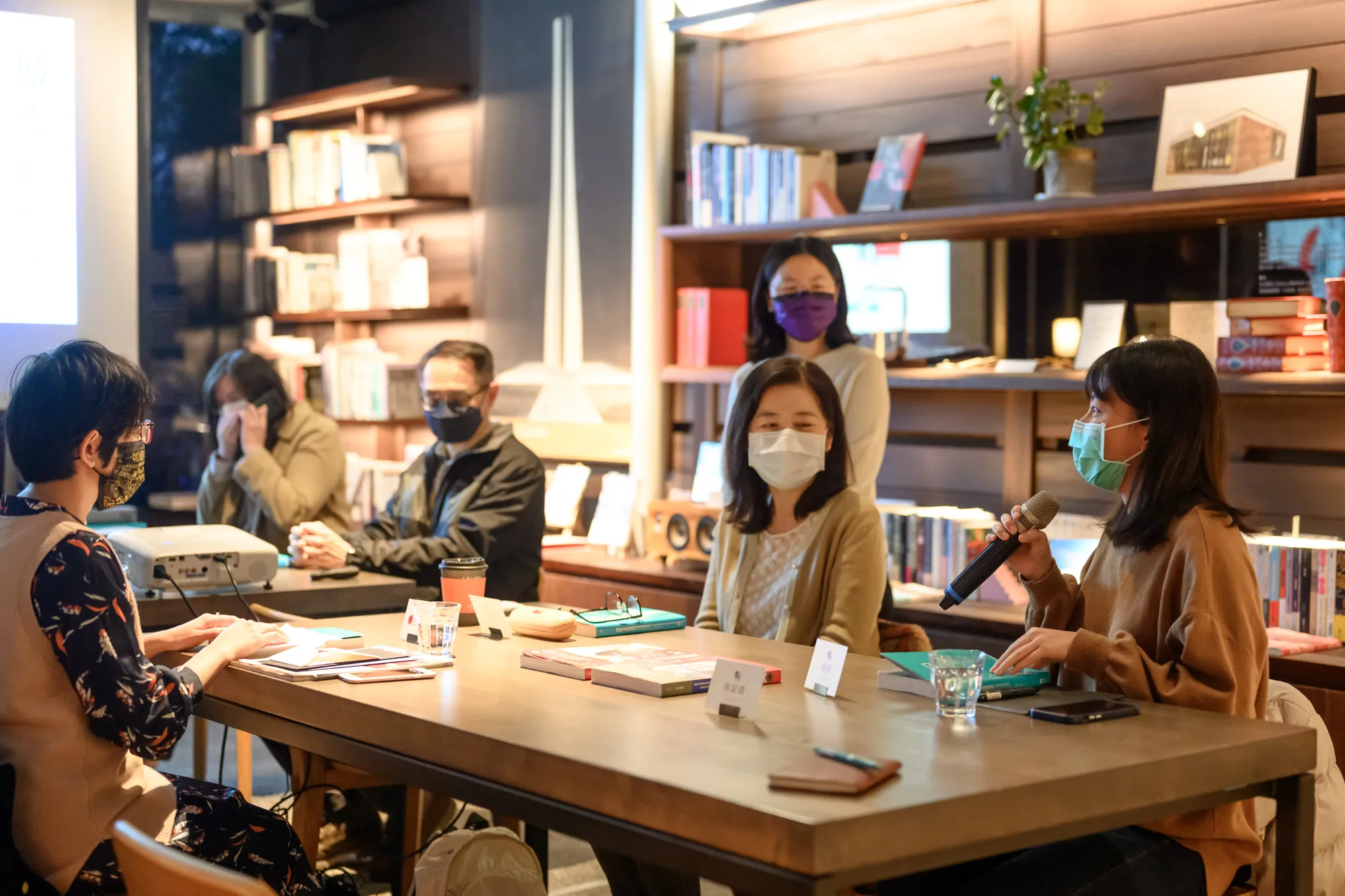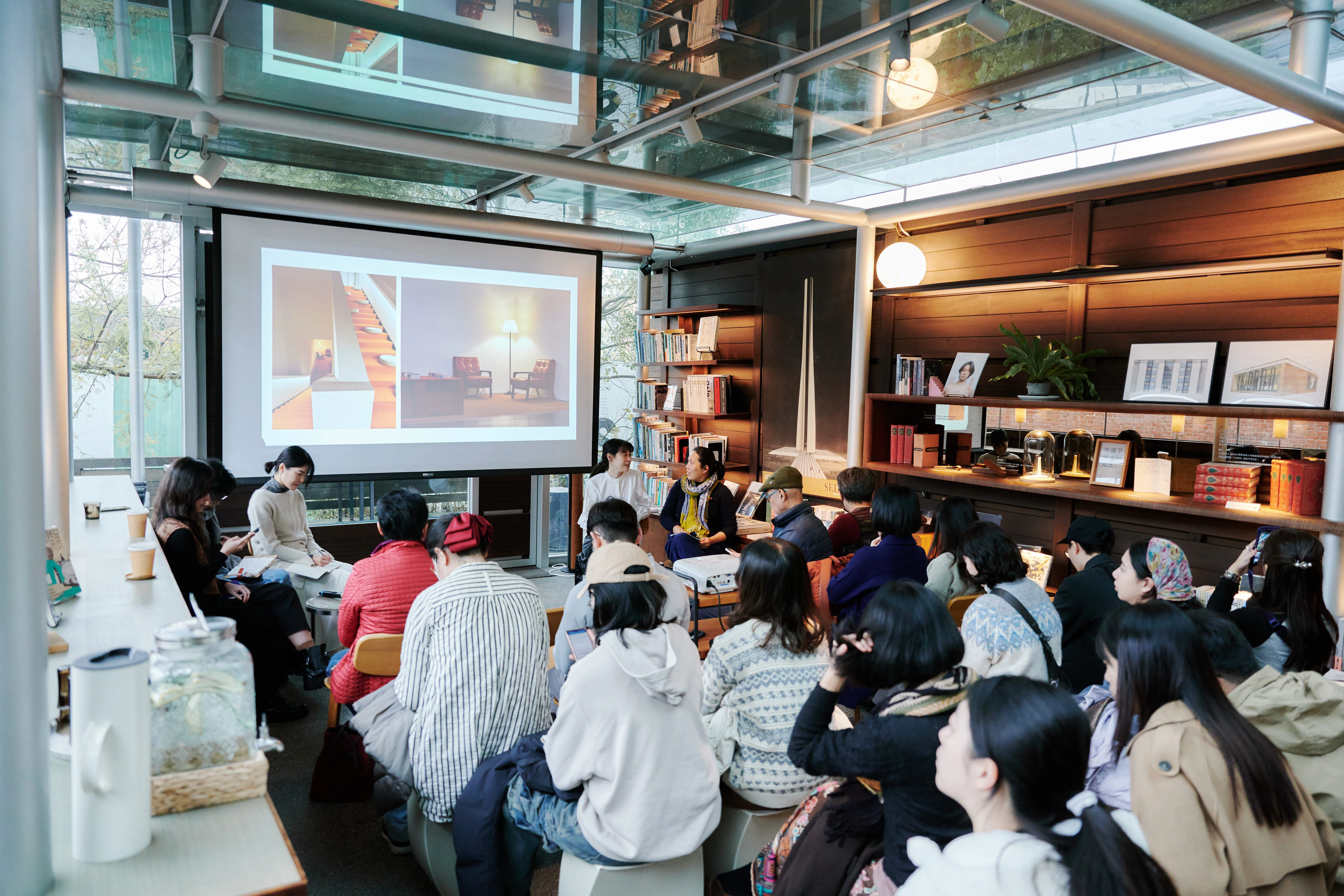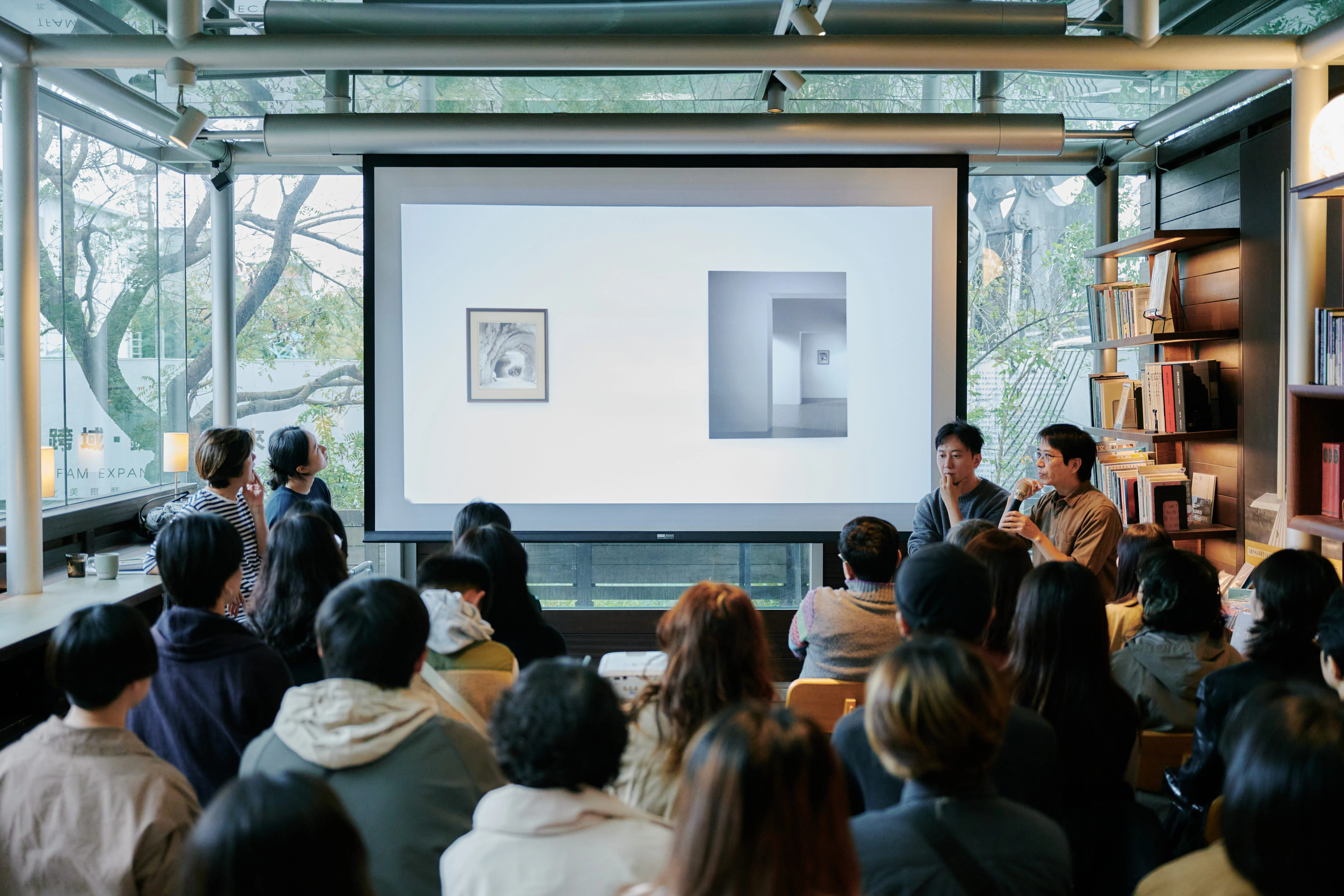
Chimera Reading Salon.New Urban Perspectives | Cities and Cuisine
Speaker
Chih-Hung Wang Professor, Graduate Institute of Building and Planning, National Taiwan University
Guest
Jing-Yi Chen Writer, Food Critic
Location
DH Café (No. 153, Section 3, Zhongshan North Road, Zhongshan District, Taipei City)
Fee
One session $1500 (includes the book of the month, expert-led discussions, themed salon refreshments, and a complete note of the session)
Books
Foodies: Democracy and Distinction in the Gourmet Foodscape, Josée Johnston, Shyon Baumann
Introduction
“Chimera Reading Salon.New Urban Perspectives” continues the spirit of The Chimera Group, a transdisciplinary arts society founded in the 1950s by Wang Da-Hong, who often invited artists for cultural gatherings at his home. This event began with “architecture” and gradually expanded to performing arts, art, literature, photography, and review, recreating the free and open transdisciplinarycommunication at Wang’s home. With “city” at its core, the first series invites Professor Chih-Hung Wang from the Graduate Institute of Building and Planning at National Taiwan University, and a special guest to explore new perspectives on urban space and culture through six of his translated books on the subject. The final lecture, “City and Food,” will be based on the book Foodies: Democracy and Distinction in the Gourmet Foodscape, which will lead participants to an in-depth discussion through an introductory reading by Wang and a sharing by special guest Jing-Yi Chen.
Foodies: Democracy and Distinction in the Gourmet Foodscape
A Dietary Research Writing from a Food Lover
When talking about foodies, what comes to mind? Is it the upper-class crowd frequenting Michelin-starred restaurants, or bloggers passionate about uncovering unique eateries? In truth, foodies are those who view food as central to their identity, not merely as sustenance. To them, food is both a source of calories and a cultural artifact, constantly subject to public appreciation and critique. The taste choices of individual food enthusiasts reveal not only personal palate preferences but also the ethnic, gender, or class tastes underlying different culinary aesthetics.
As demonstrated by consumer boycotts sparked by Taiwan's food safety crises, food can be deeply political, and foodie culture similarly reflects contemporary trends in “ethical consumption.” The rise of values like eating locally and seasonally, advocating eco-friendly farming practices, supporting artisanal foods against giants in the food industry, and embracing diverse cuisines all shape foodies’ judgments of food. This transforms us into citizens at the table, beginning with stepping into the world of foodies and understanding the social implications behind our meals.
Event Review
The concoction of every dish carries the imprint of its time, with its flavors and interpretations continuously evolving with societal changes. By tracing the culinary culture, we can savor the unique characteristics of different cuisines and gain a deeper understanding of our own culture and society.
In their co-authored book Foodies: Democracy and Distinction in the Gourmet Foodscape (2009), sociologists Josée Johnston and Shyon Baumann explore the human geography underlying food culture. They analyze the development and transformation of gourmet culture, revealing the democratization of food in contemporary societies. When food enters discussions on urban issues, it demonstrates its influence across spatial, cultural, and economic dimensions. Whether it is local street food or home-cooked meals, similar ingredients and cooking methods can result in distinct flavors due to different backgrounds—flavors that embody a sense of identity and link people through shared memories.
As societies evolve, food increasingly transcends class boundaries. Like the preserved radish omelet: once a humble home-cooked dish, it has been elevated by chefs into a flavorful, aromatic, and visually sophisticated creation—responding to modern diners' demand for heightened sensory experiences. This culinary transformation has introduced the dish to fine-dining establishments, marking a notable shift in contemporary gourmet culture.
Just as public taste in flavor is ever-changing, the cultural geography implied in cuisine is constantly in flux. A deeper meaning lies behind every bite we take —far more profound than we might expect—waiting to be discovered and explored.
